Winston Churchill was a British statesman, politician, and writer who served as the Prime Minister of the United Kingdom from 1940 to 1945 and again from 1951 to 1955. He is widely regarded as one of the greatest wartime leaders of the 20th century, leading Britain through its darkest hour during World War II.
Churchill was born on November 30, 1874 in Oxfordshire, England. He attended the Royal Military College, Sandhurst and graduated in 1894. He joined the British Army and served in India, Egypt, and Sudan, and later in the Second Boer War in South Africa. After leaving the army, he became a journalist and war correspondent.
In 1900, Churchill was elected to the British Parliament as a Conservative. He later switched to the Liberal Party and served as the President of the Board of Trade, Home Secretary, and First Lord of the Admiralty. He rejoined the Conservative Party in 1924 and served as Chancellor of the Exchequer.
In 1940, Churchill became Prime Minister after the resignation of Neville Chamberlain. He led Britain during the Second World War and made several famous speeches, including the “We shall fight on the beaches” speech. Under his leadership, Britain and its allies were able to defeat Nazi Germany and end the war in Europe.
After the war, Churchill lost the general election in 1945, but he returned to power in 1951 and served as Prime Minister until 1955. He received the Nobel Prize in Literature in 1953 for his six-volume memoir “The Second World War.”
Churchill was also a prolific writer and historian and wrote several books on the history of the British Empire and World War II. He died on January 24, 1965 at the age of 90.
The Life of Churchill in HD
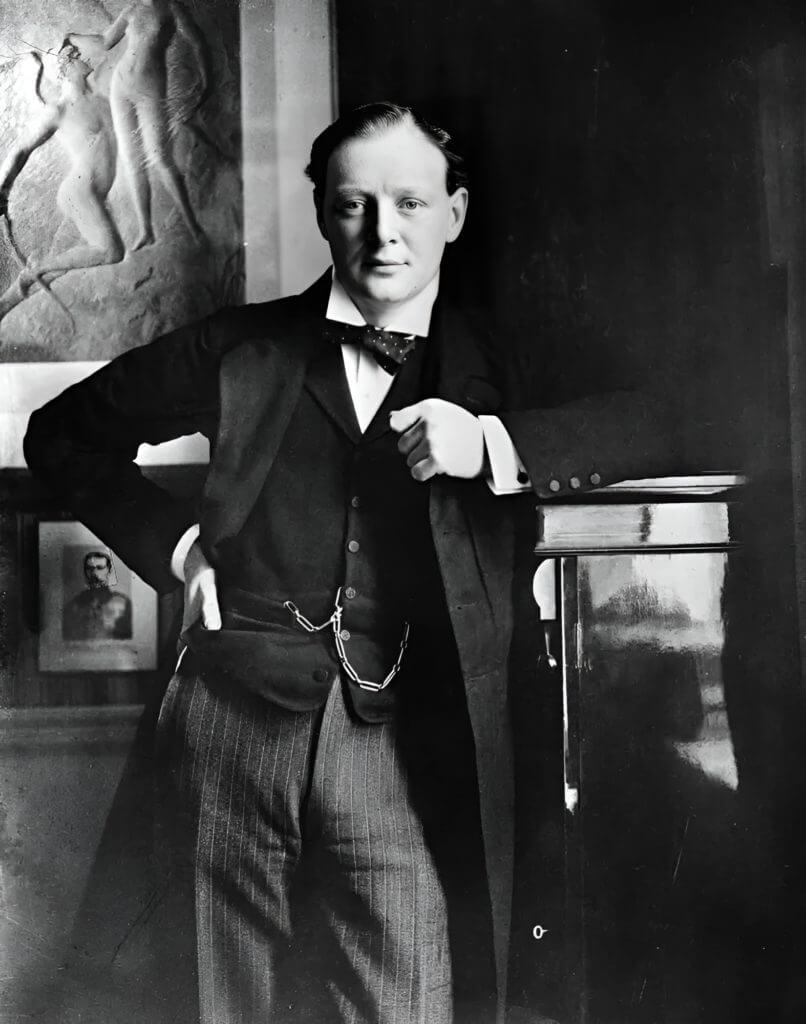
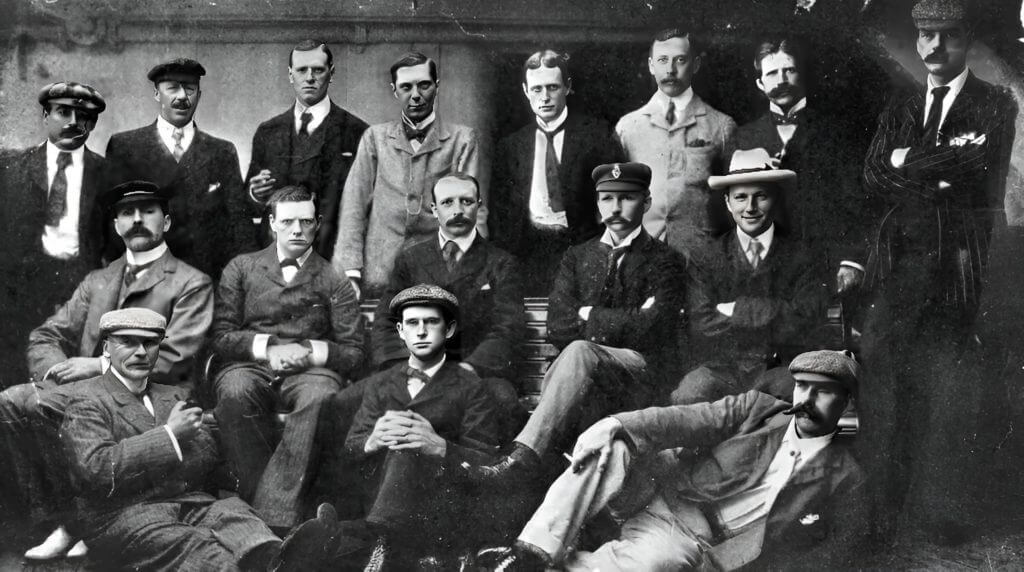
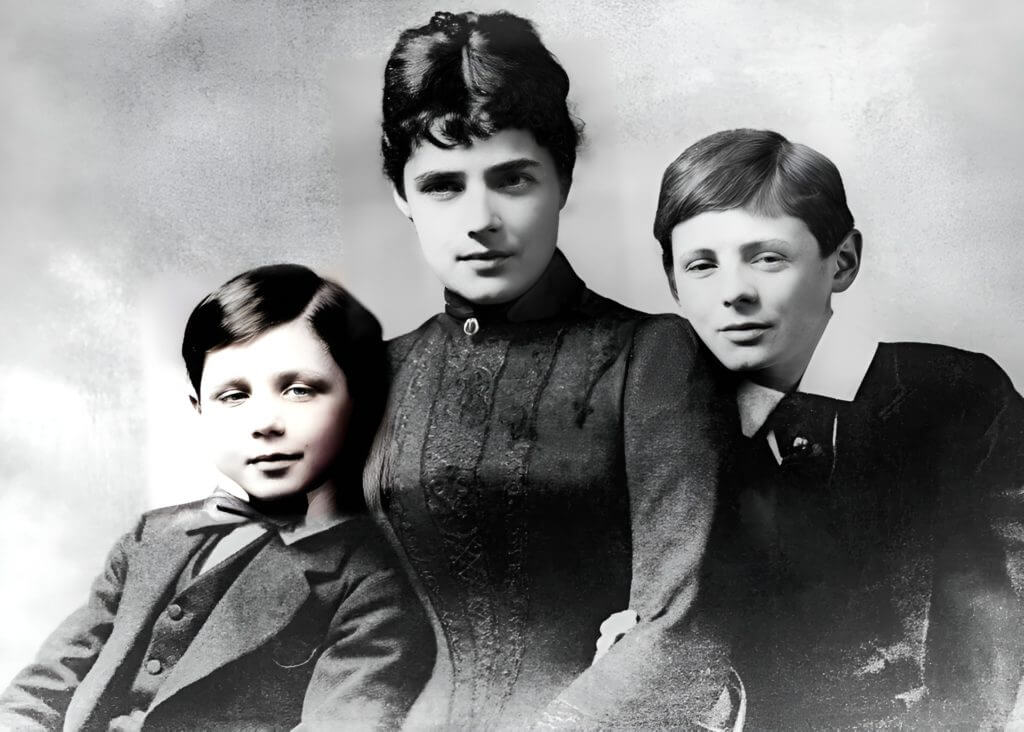
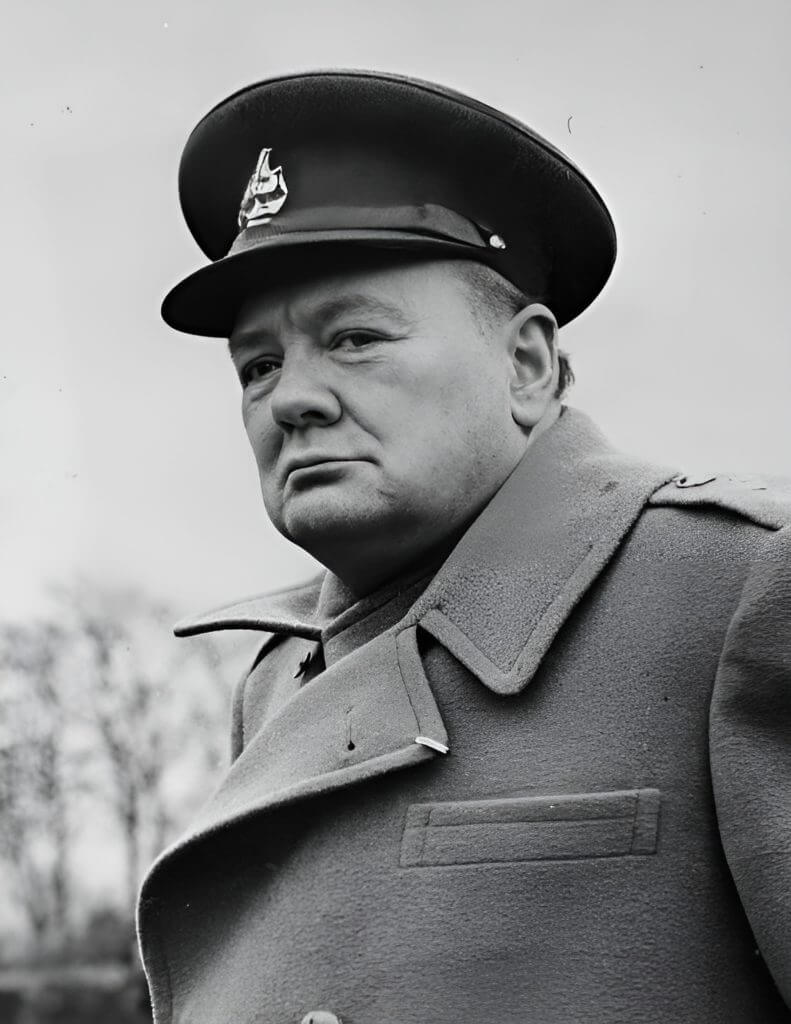
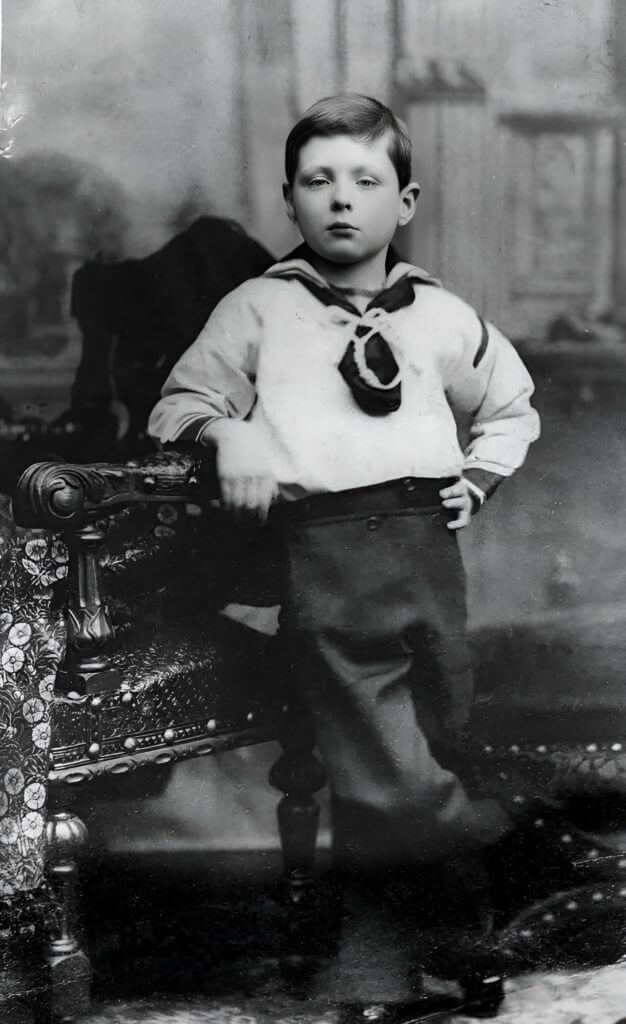
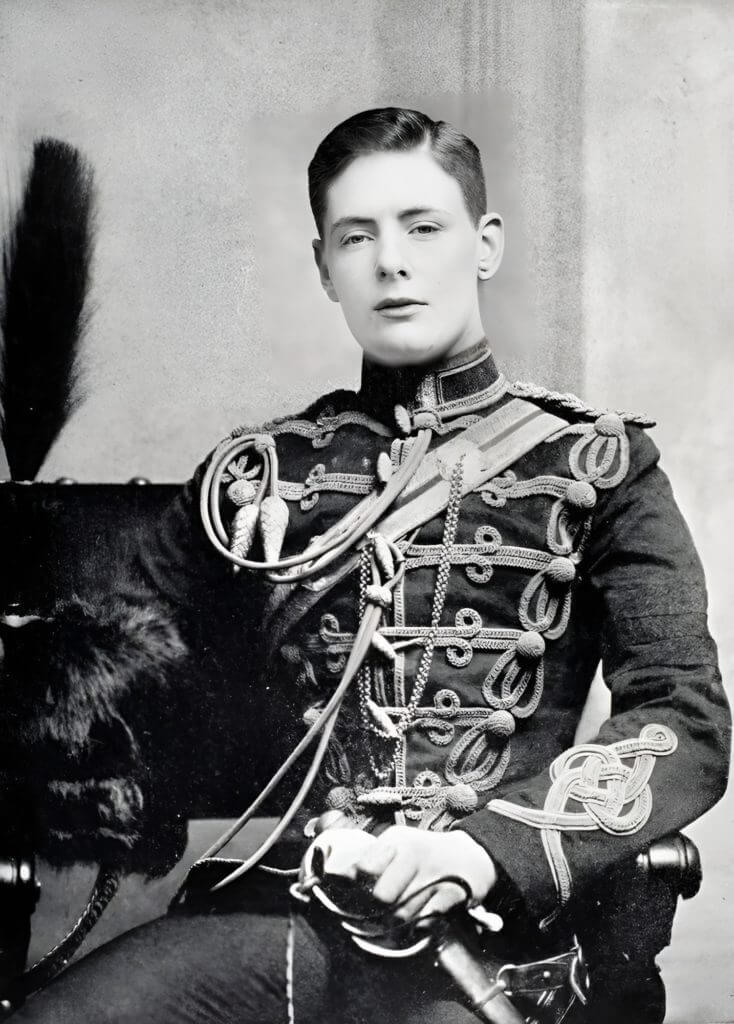
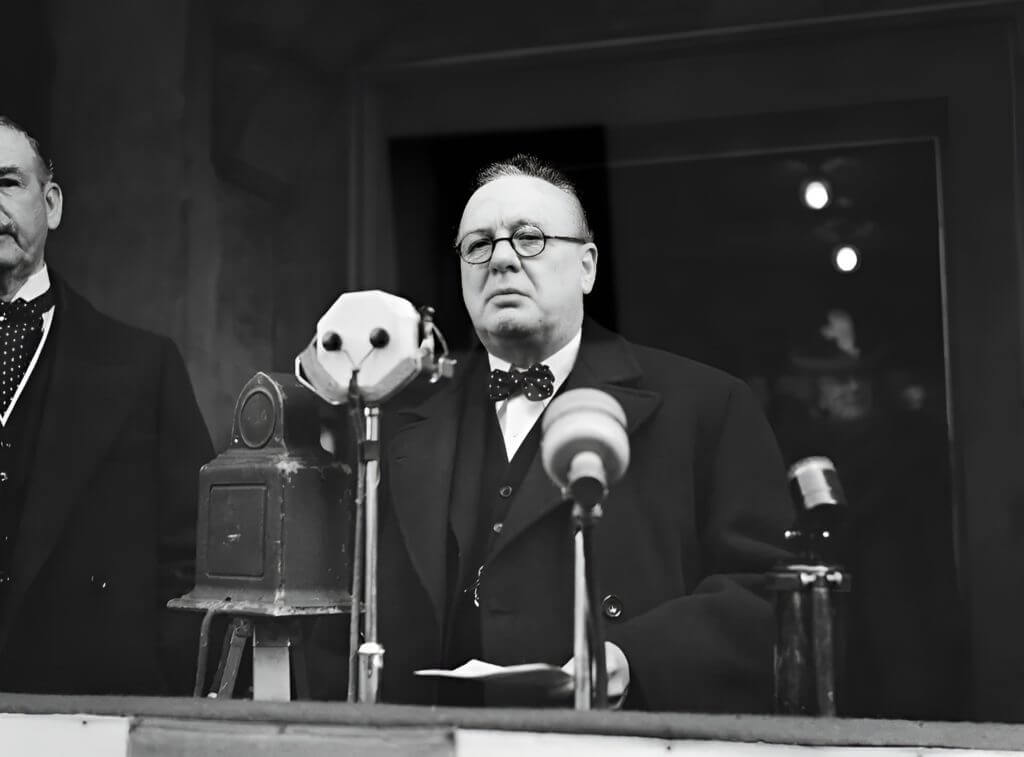
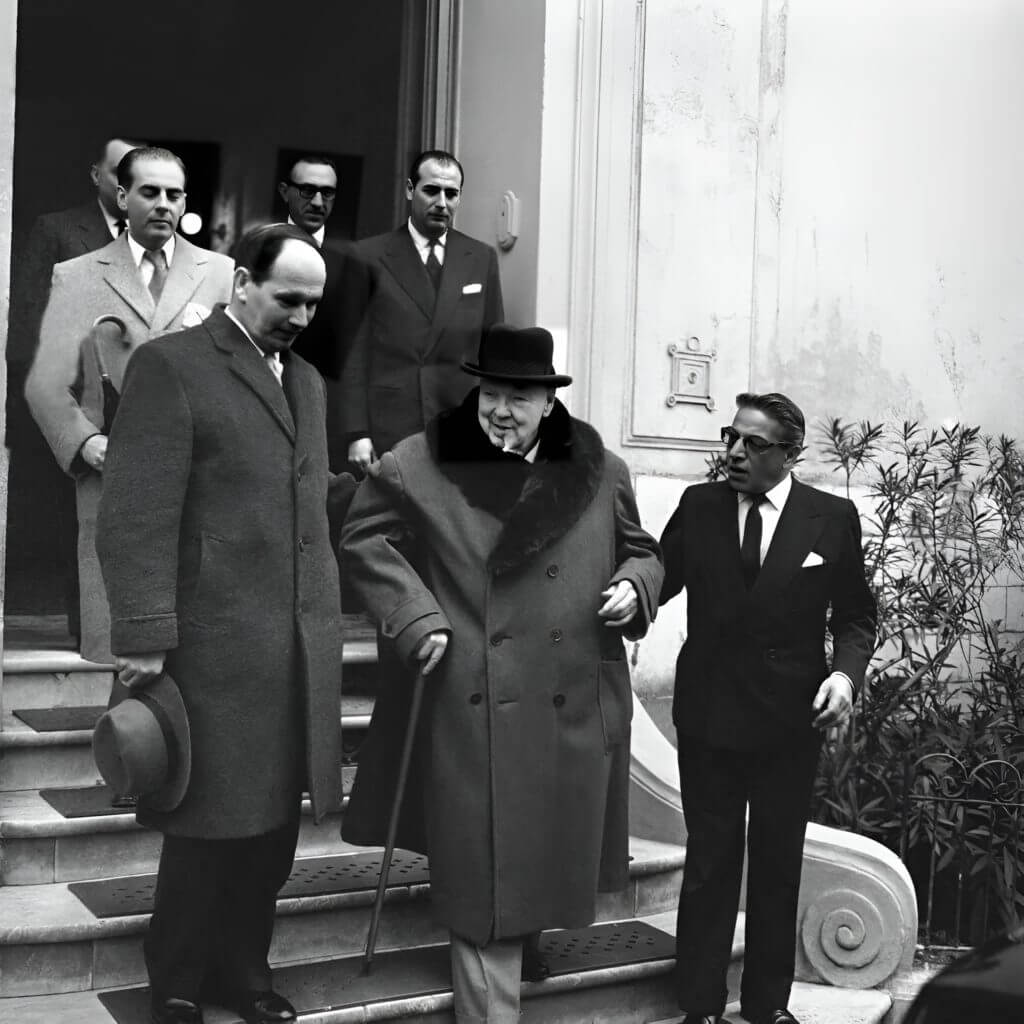
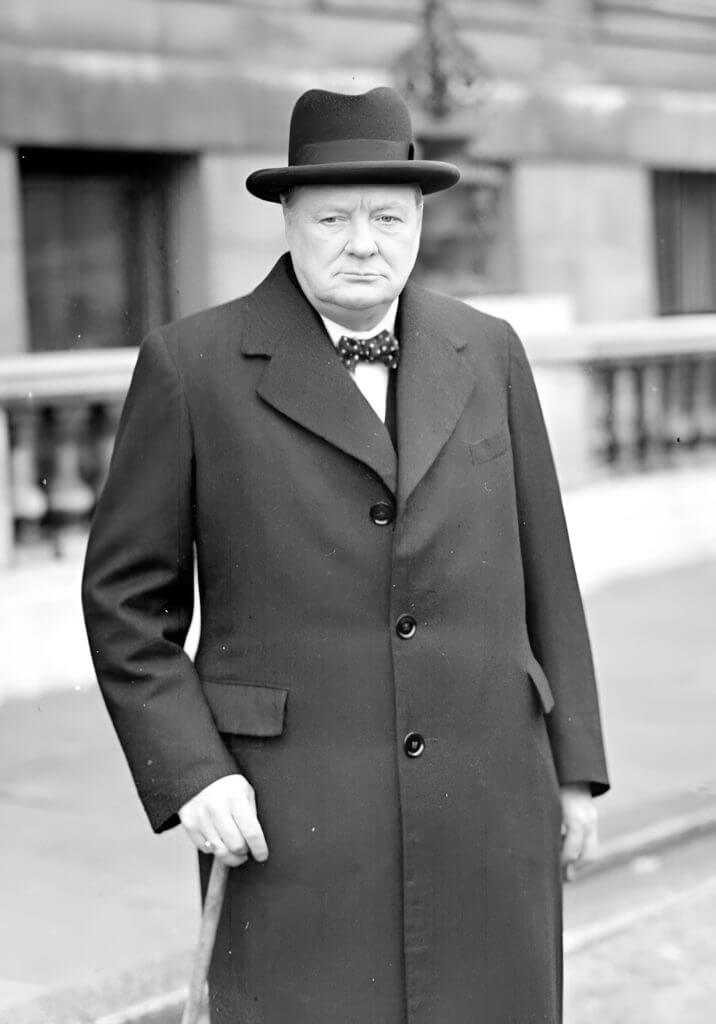
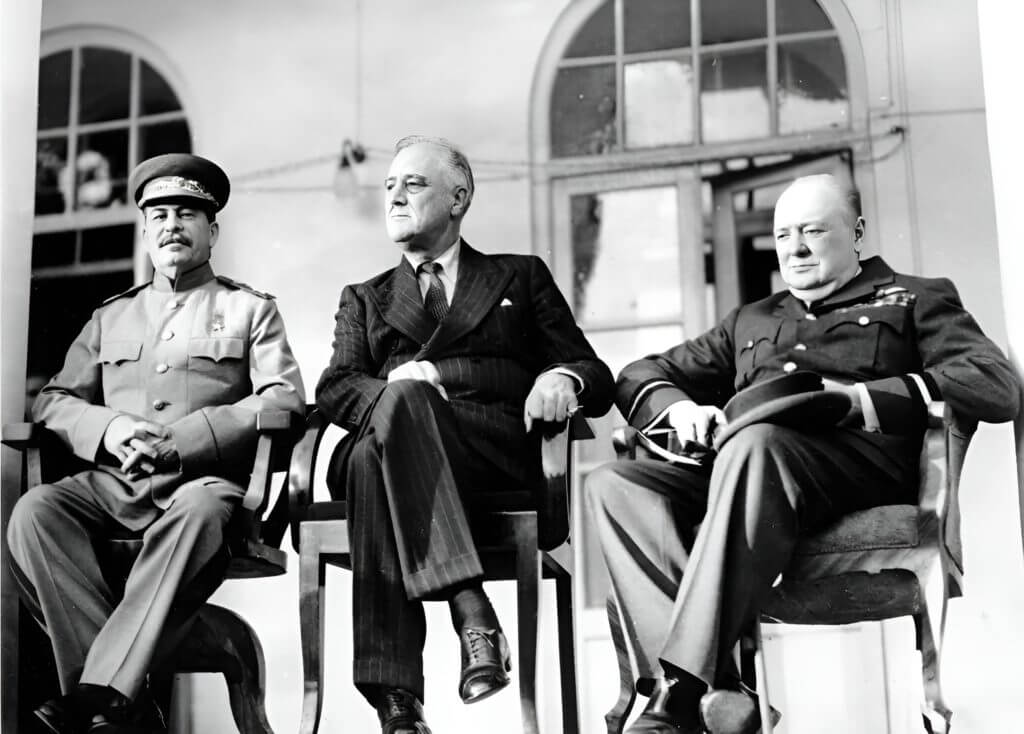
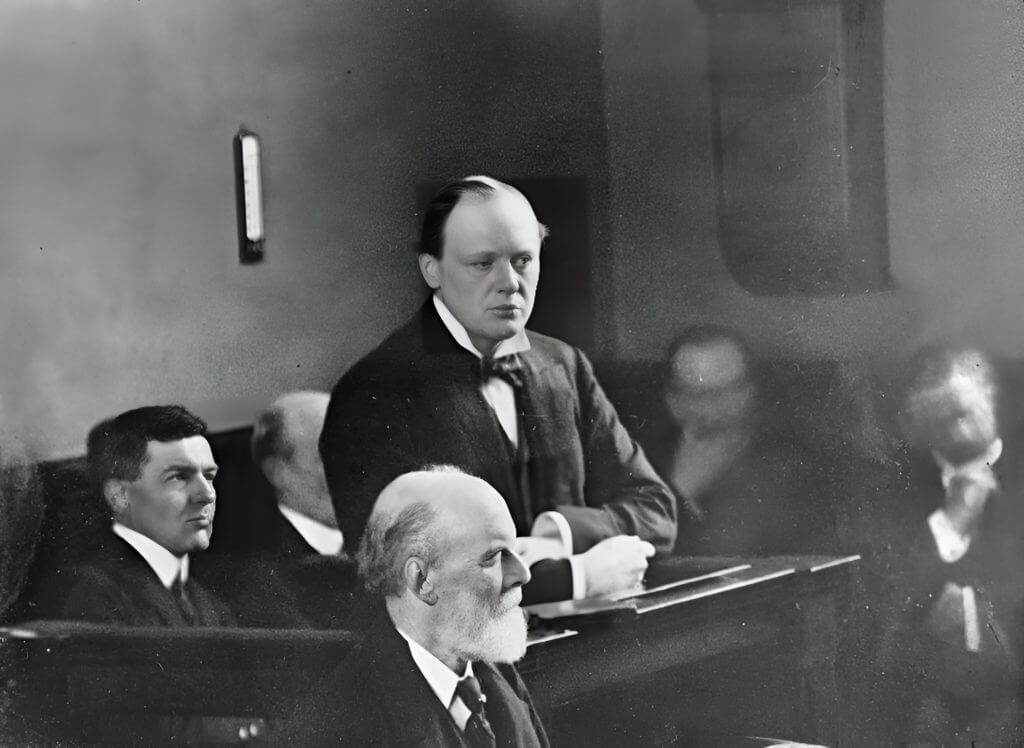
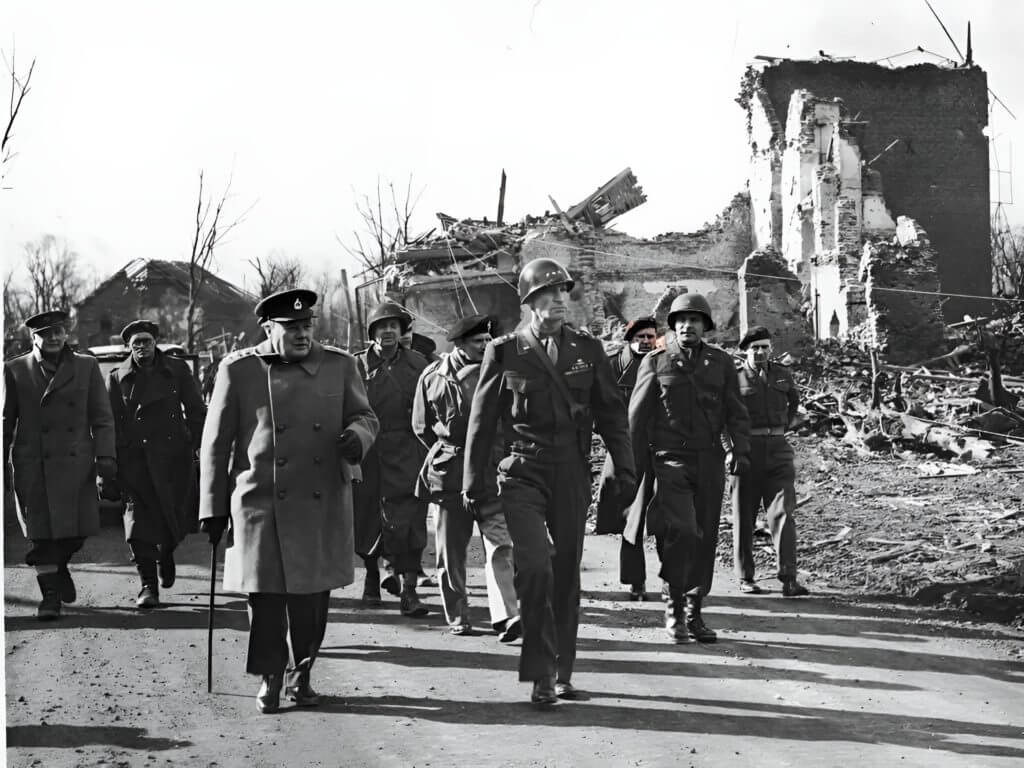
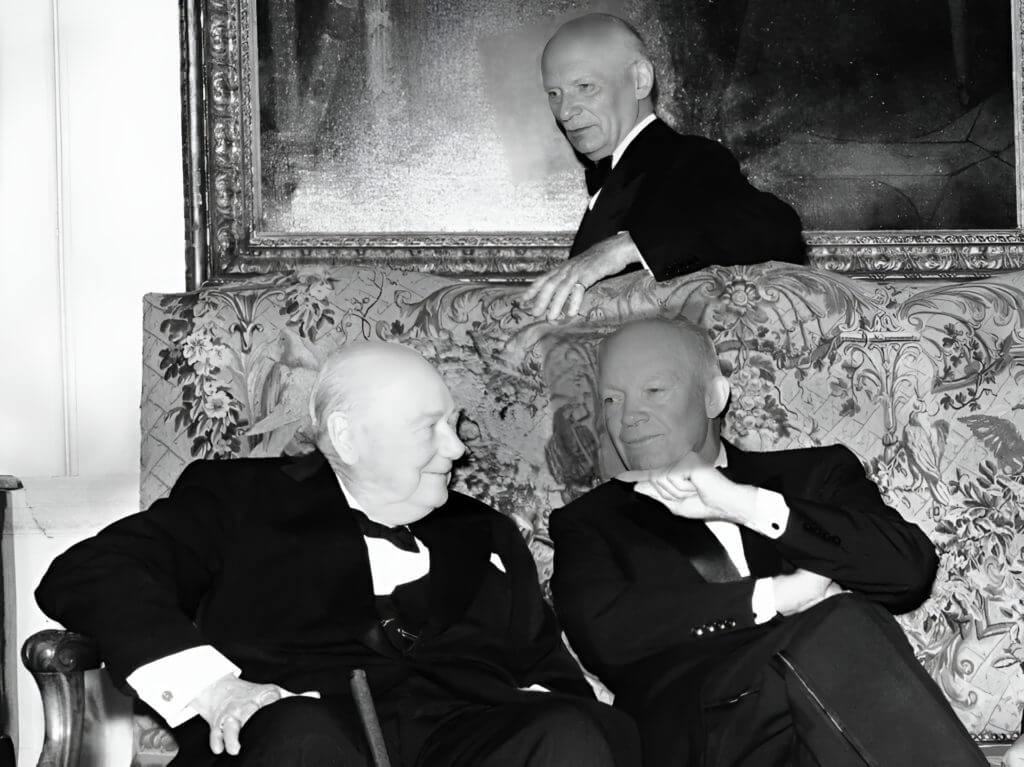
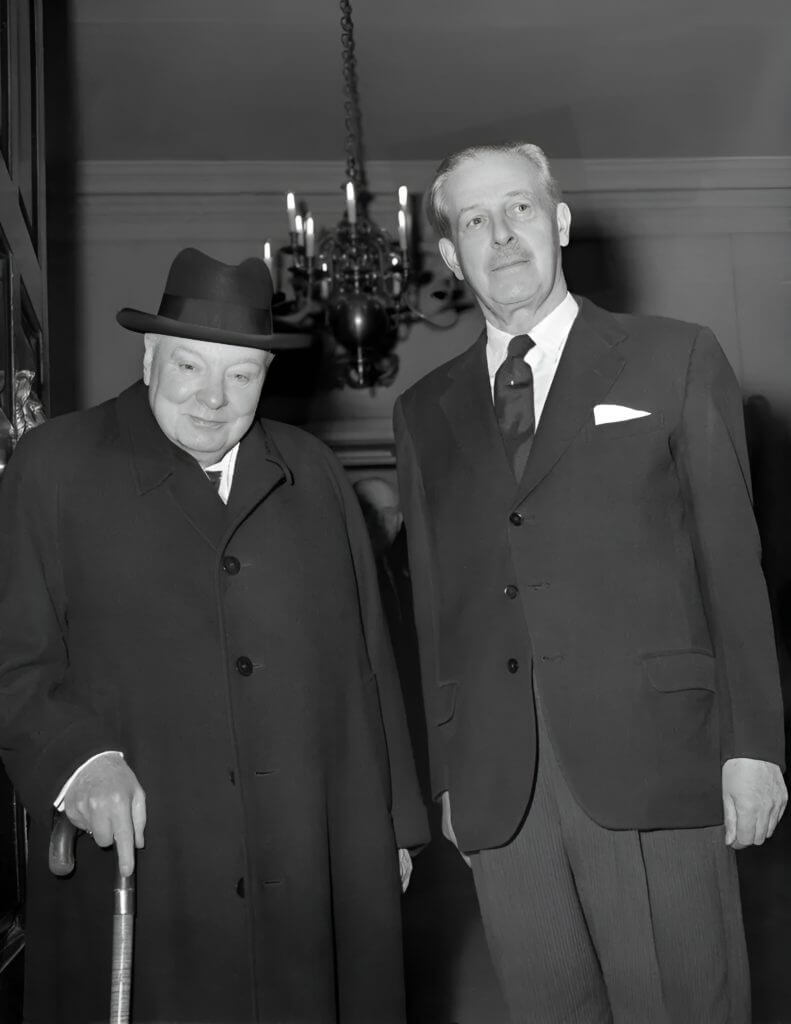
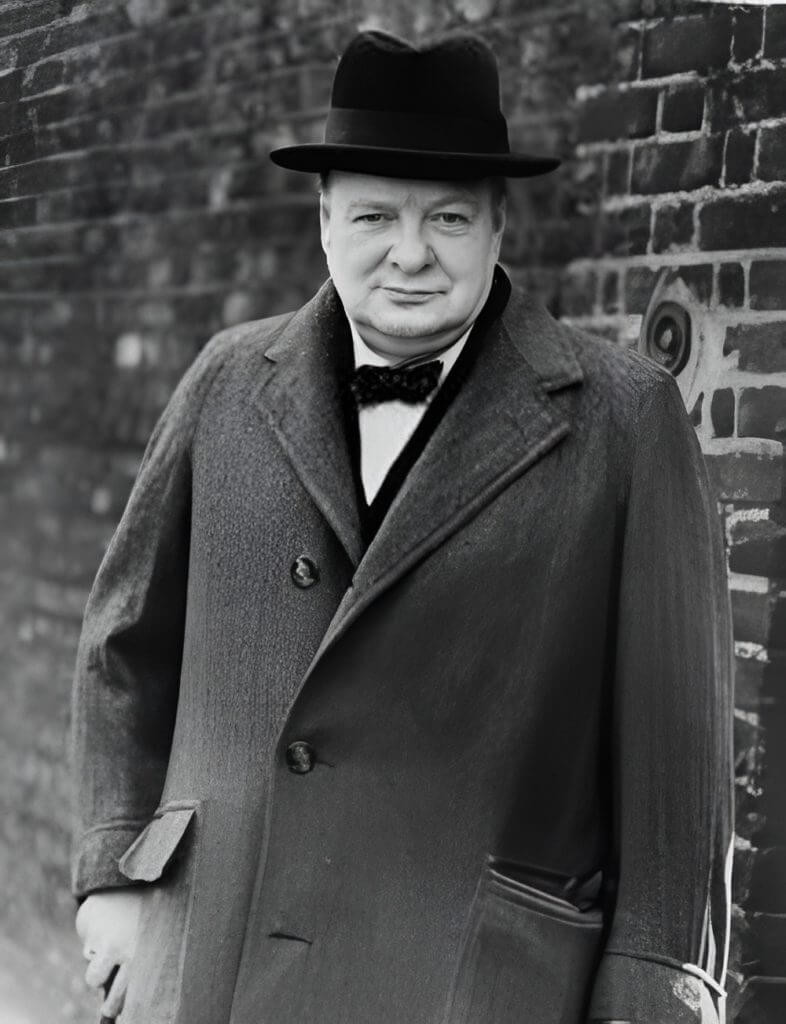
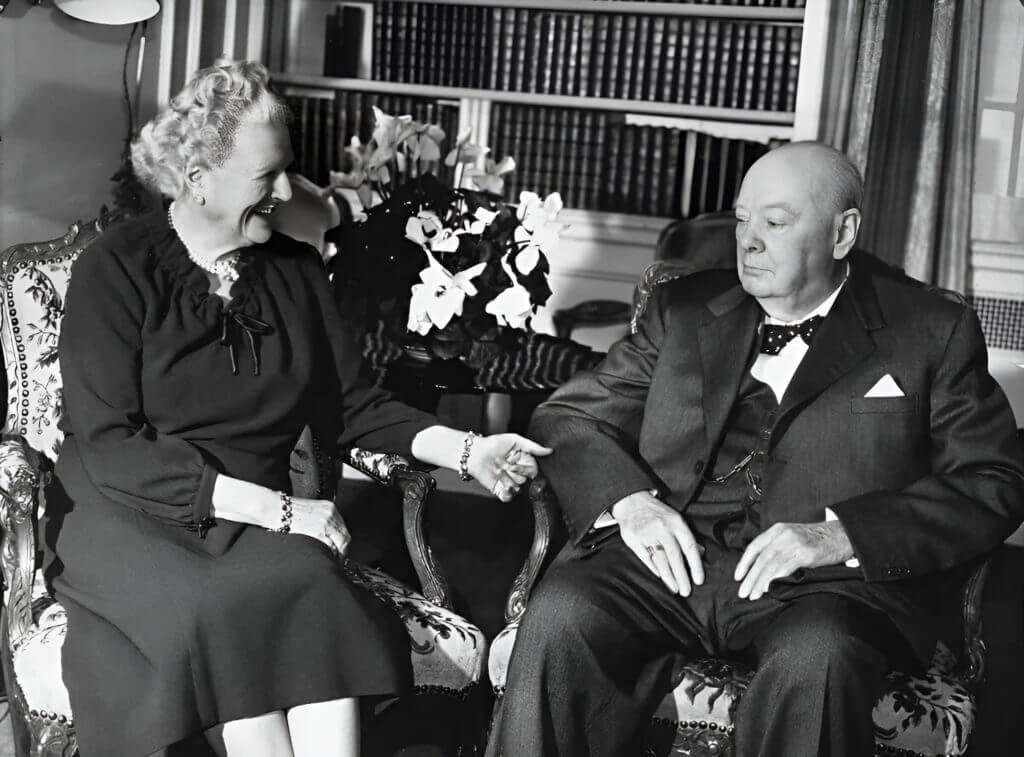
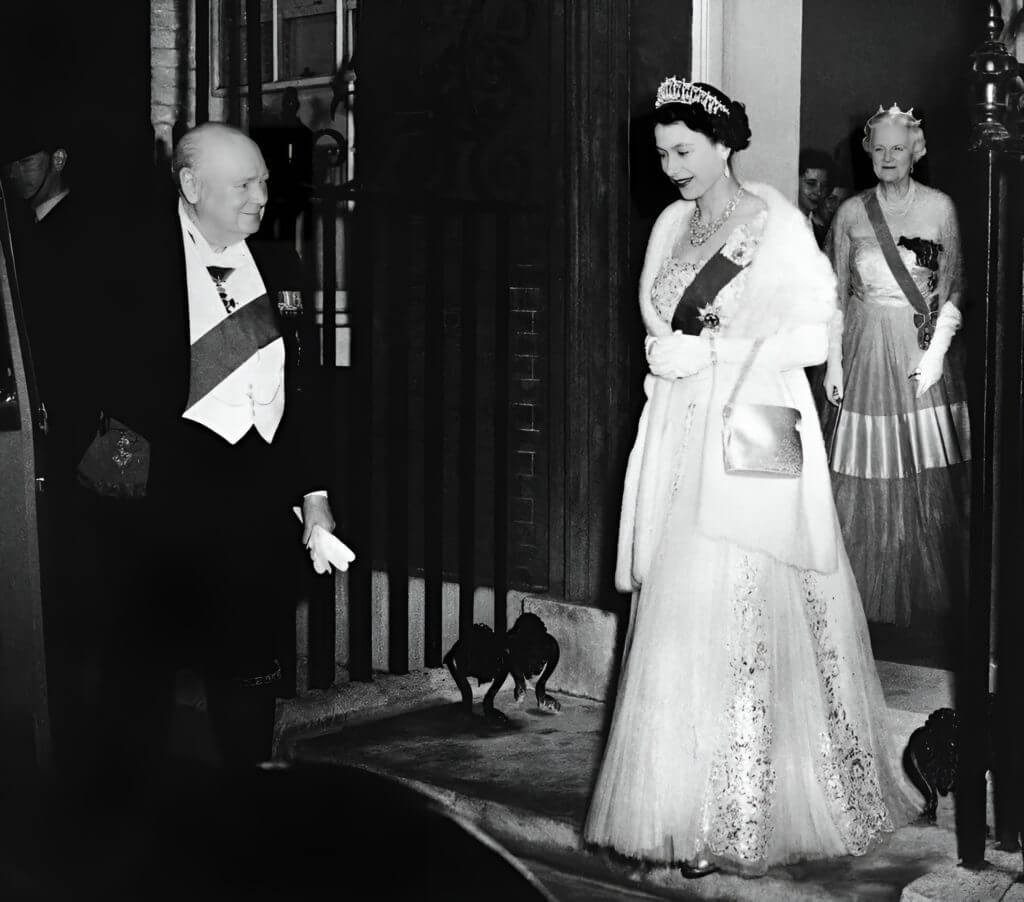
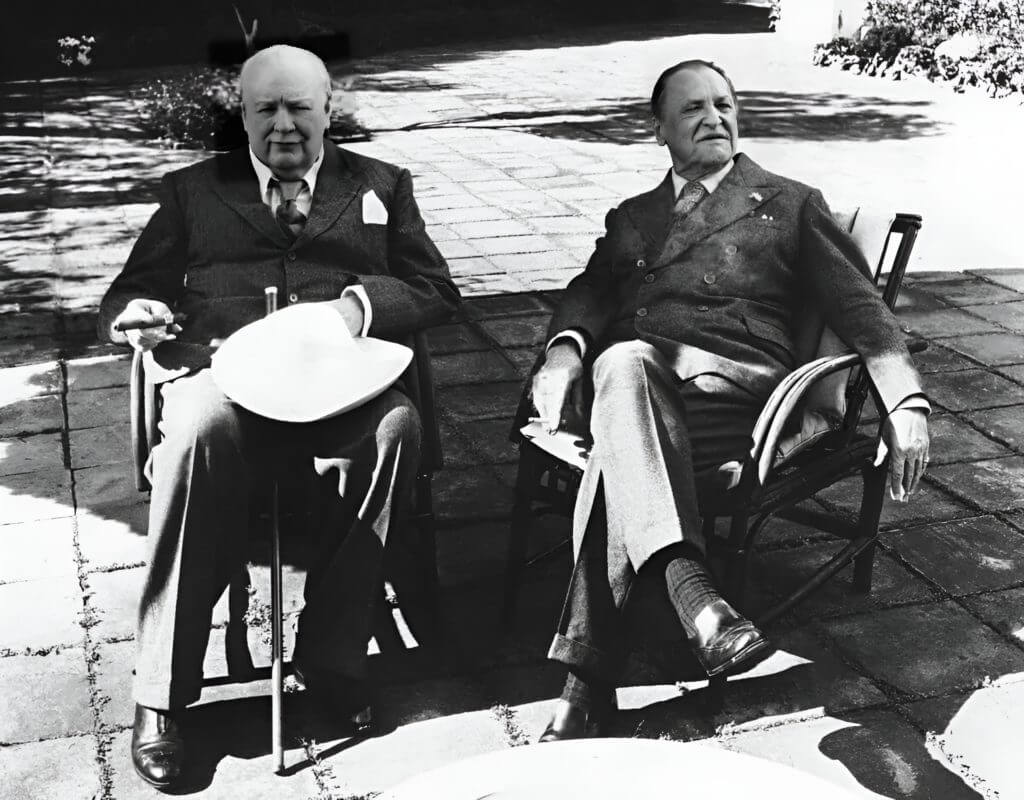
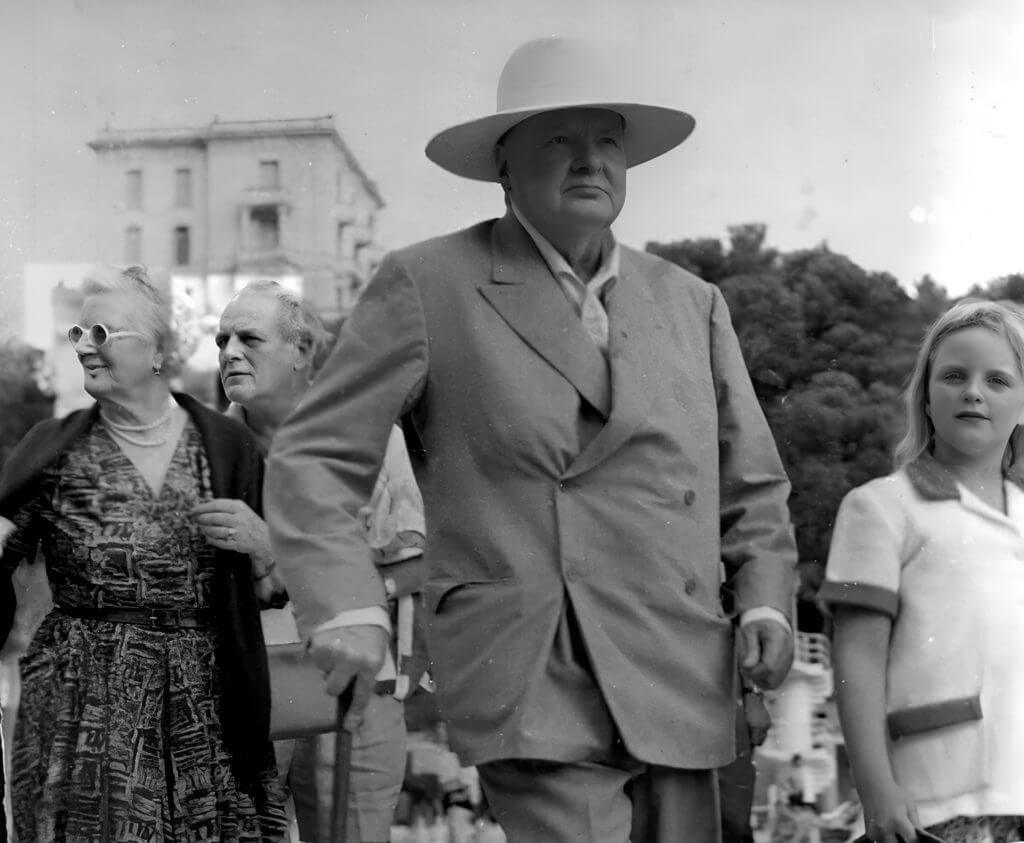
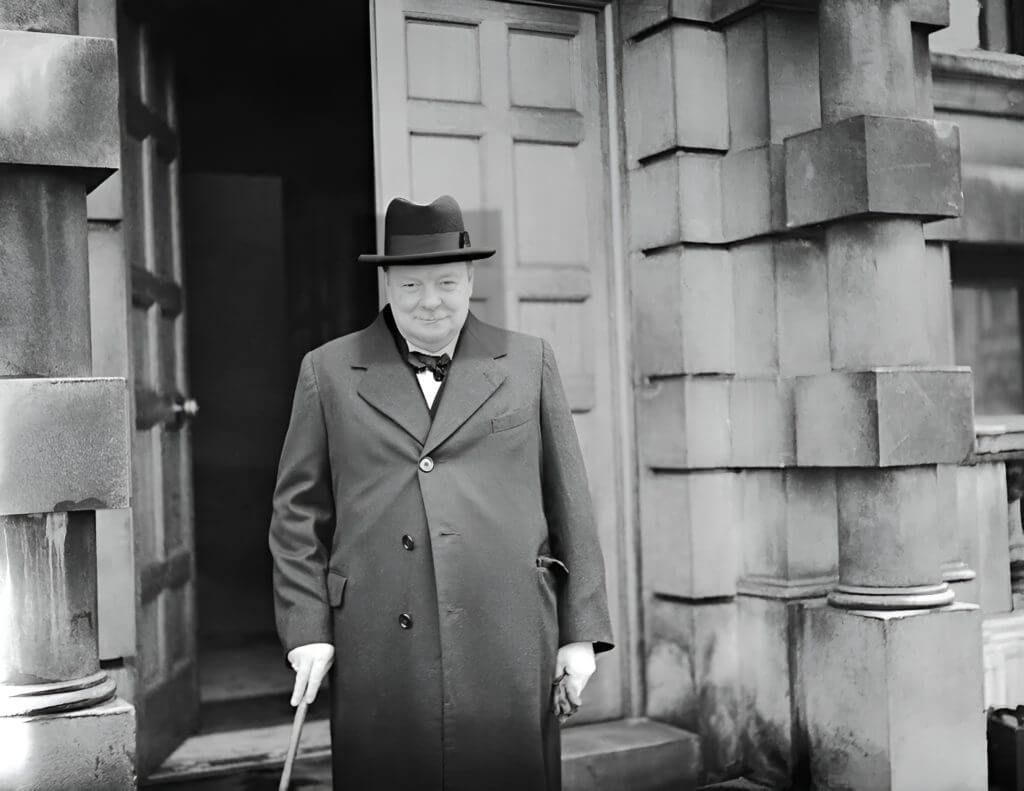
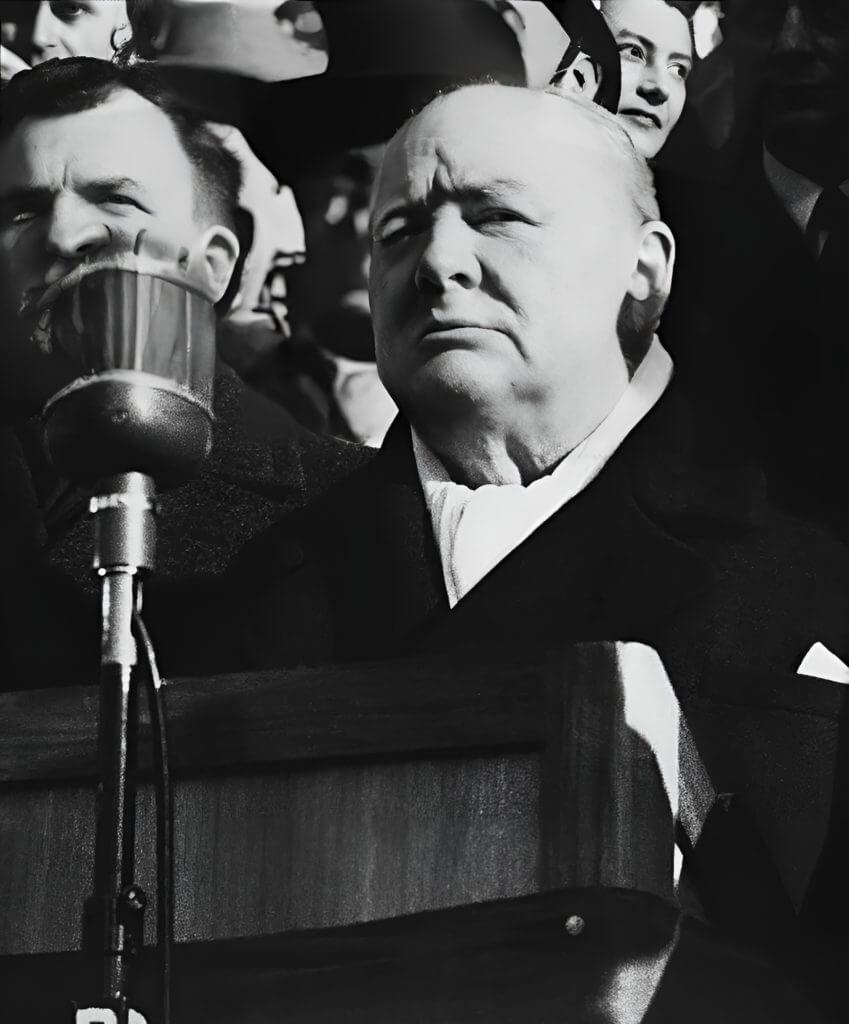
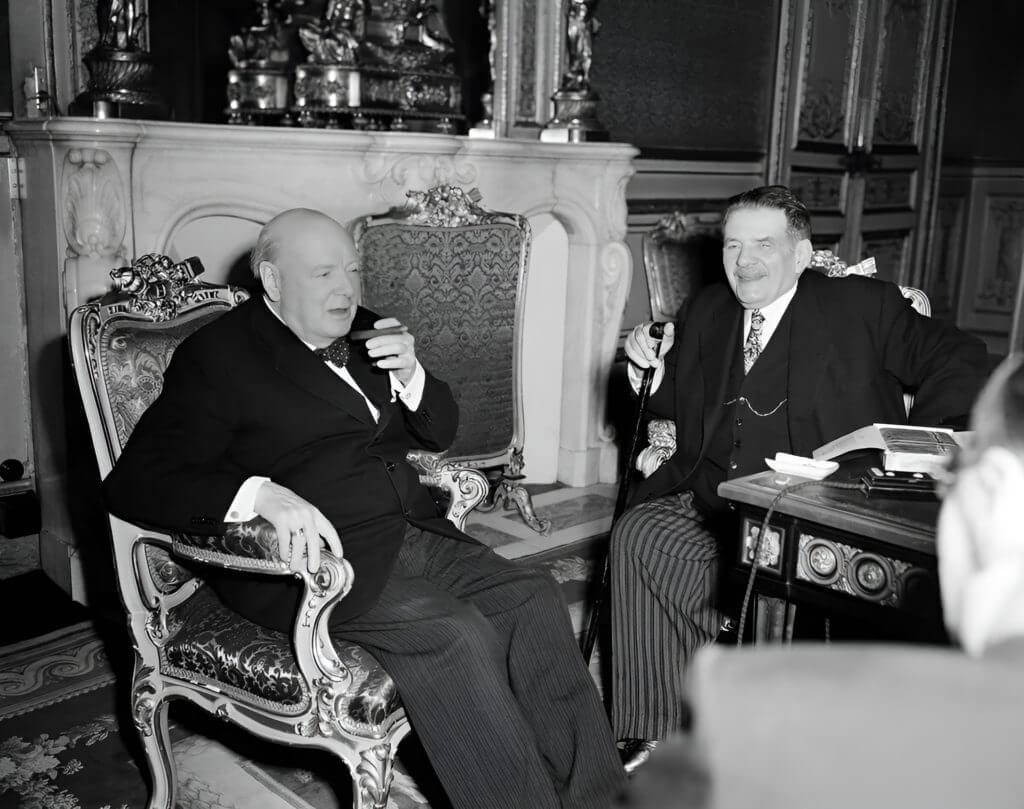
Short list of events Winston Churchill was involved
Winston Churchill was involved in many important events throughout his long career as a statesman and politician. Here are a few notable examples:
- World War II: Churchill served as the Prime Minister of the United Kingdom during World War II, leading the country through some of its darkest hours. He is best known for his inspiring speeches, such as his “We shall fight on the beaches” speech, which rallied the British people during the war.
- Battle of Britain: As Prime Minister, Churchill played a key role in the Battle of Britain, which was the first major military campaign of the war to take place entirely in the air. He made several speeches during the battle, encouraging the British people to “never surrender” to the Germans.
- Yalta Conference: In February 1945, Churchill, along with President Franklin D. Roosevelt and Soviet leader Joseph Stalin, met at the Yalta Conference to discuss the post-war reorganization of Europe and the fate of Germany.
- Potsdam Conference: Churchill, along with President Harry S. Truman and Soviet leader Joseph Stalin, met at the Potsdam Conference in July-August 1945 to discuss the post-war reorganization of Europe and the ongoing war against Japan.
- Cold War: Churchill was an early and vocal critic of the Soviet Union and played an important role in shaping Western response to the rising threat of communist expansion in the years following World War II.
- The Iron Curtain speech: In 1946, Churchill delivered a famous speech in which he warned of the growing divide between the communist Eastern bloc and the democratic Western powers, famously coining the phrase “Iron Curtain” to describe the division.
- The Suez Crisis: Churchill played a role in the Suez Crisis of 1956, which was a political and diplomatic crisis that arose following the nationalization of the Suez Canal by Egyptian President Gamal Abdel Nasser.
Famous Churchill Quotes
- “Never give up, never give up, never give up.”
- “Success is not final, failure is not fatal: It is the courage to continue that counts.”
- “The price of greatness is responsibility.”
- “A pessimist sees the difficulty in every opportunity; an optimist sees the opportunity in every difficulty.”
- “Courage is what it takes to stand up and speak; courage is also what it takes to sit down and listen.”
- “You have enemies? Good. That means you’ve stood up for something, sometime in your life.”
- “The best argument against democracy is a five-minute conversation with the average voter.”
- “I have nothing to offer but blood, toil, tears and sweat.”
- “You will never reach your destination if you stop and throw stones at every dog that barks.”
- “If you’re going through hell, keep going.”
These are just a few examples of Churchill’s famous quotes, he is known for his speeches and orations that are full of memorable phrases.
Churchill and the Nobel Prize
Winston Churchill was awarded the Nobel Prize in Literature in 1953 for his six-volume memoir, “The Second World War.” He was awarded the prize “for his mastery of historical and biographical description as well as for brilliant oratory in defending exalted human values.”
The award was a surprise to many, as Churchill was better known for his statesmanship and oratory than for his writing. However, the Nobel Committee cited his “brilliant speeches and messages” as well as his “mastery of historical and biographical description” as the reasons for the award.
The award was not without controversy, as some argued that Churchill’s writings were more political than literary in nature. Nevertheless, Churchill’s memoirs were widely read and critically acclaimed, and his book sales soared after the award was announced.
It’s worth noting that Churchill was the first person to be awarded the Nobel Prize in Literature for non-fiction work. He was also the first person to receive the Nobel Prize in Literature and the Nobel Peace Prize (which he did not win).
When and how did Winston Churchill die?
Winston Churchill’s death was not unexpected as he had been in poor health for several years prior to his passing. He suffered from a number of health issues, including a heart attack in 1949 and a series of strokes in the early 1960s. On January 15, 1965, Churchill suffered another stroke, which left him severely debilitated. He died nine days later, on January 24, at his London home. His death was met with widespread mourning and tributes from leaders around the world. He was given a state funeral, one of the largest and most elaborate of the 20th century, which was attended by dignitaries from around the world, as well as by members of the public. He was buried in St Martin’s Churchyard, Bladon, near his family home at Chartwell.






